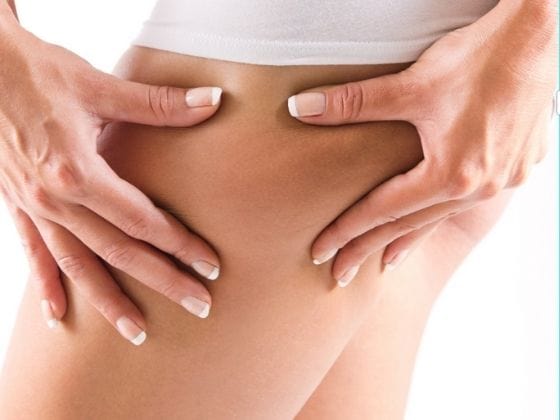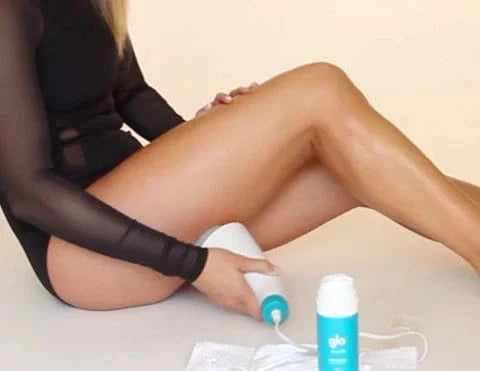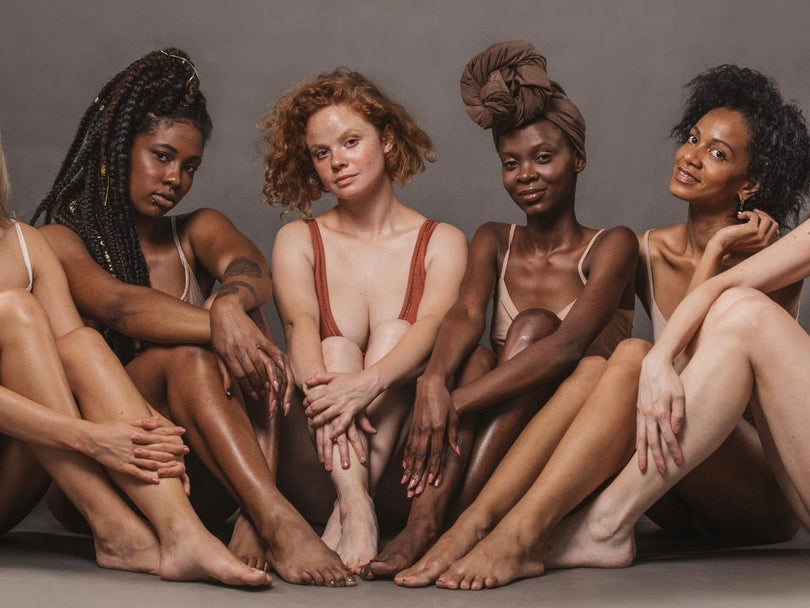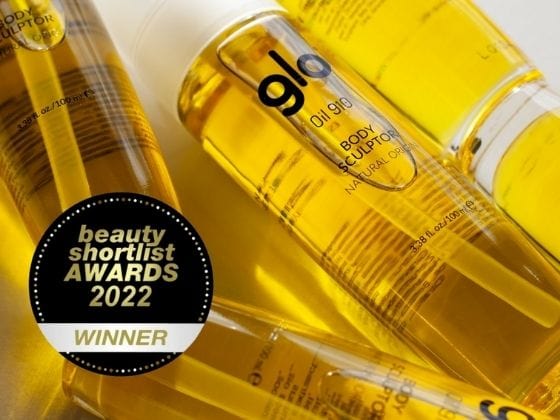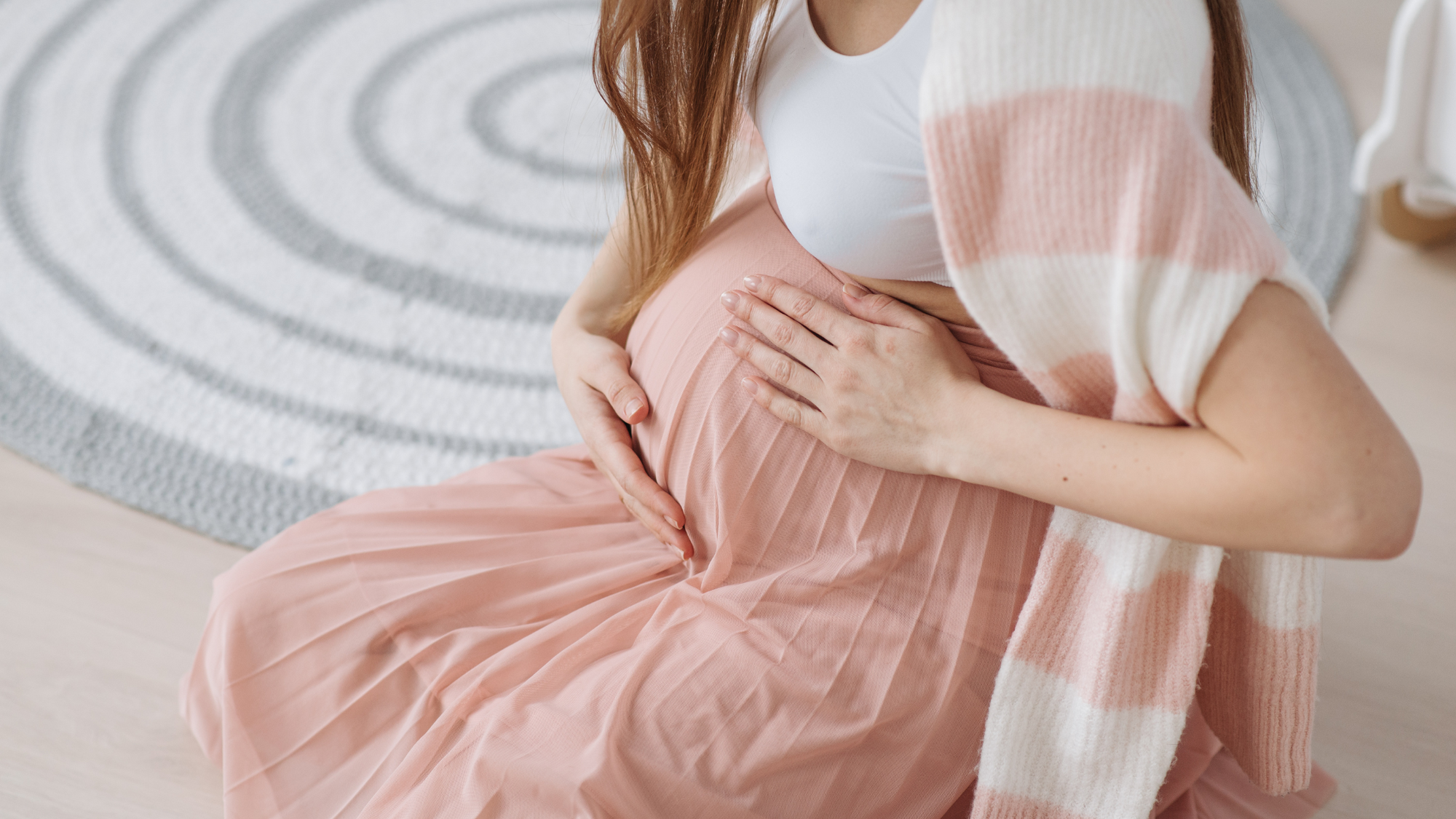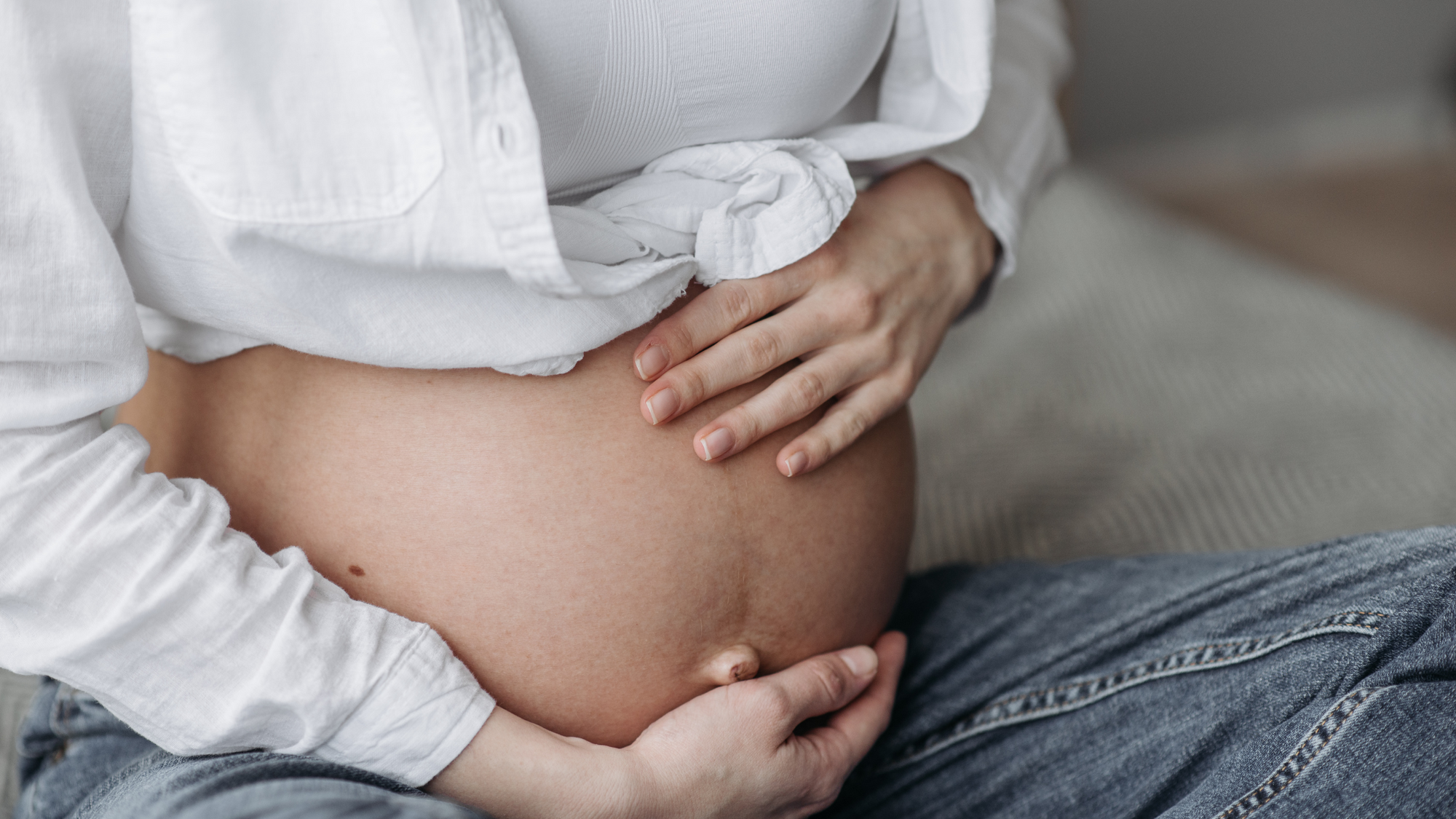Many new moms experience sore and cracked nipples when they first start breastfeeding. This can be very frustrating for both the mom and the baby, since the sensitive nipples need time to heal, and the baby needs to be fed several times a day. Sometimes, the pain can be so discouraging that the mom stops breastfeeding altogether. However, this may lead to other complications, such as early weaning and a decrease in milk supply. Knowing this, many moms would choose to prioritize their babies and soldier through the pain. But is this the only way?
Many products on the market—creams, ointments, aloe vera gel, nipple pads, to name a few—are designed for soothing cracked and bleeding nipples and to ease nursing discomforts, but they are only useful this far. So many wonders if more can be done: a numbing cream that functions as a local anesthetic that blocks away the pain nerves surely sound ideal, but are they safe?
Is nipple numbing cream safe for breastfeeding
Well, the short answer is NO. Here are the reasons:

- The most common active ingredient found in numbing creams is lidocaine. The FDA has warned strongly against the usage of lidocaine on infants and young children, citing that if they “accidently swallow too much, it can result in seizures, severe brain injury, and problems with the heart.”
- Another common ingredient is benzocaine, which has been associated with severe methemoglobinemia in young children, thus should not be applied to the breast or any other area that a baby might lick.
- Pramoxine, also an ingredient found in some numbing creams, has been proven that its direct ingestion can cause nausea and vomiting.
- Dibucaine ointment should not be used on the nipples either, because ingestion of it has caused seizures, arrhythmias, cardiovascular collapse, even death of infants.
- Given the severity of the possible outcomes, direct application of such popular numbing creams onto the breasts must be avoided. Even if the product is washed away before feeding, none can guarantee that there won’t be traces of it left on the skin and subsequently consumed by the baby. This could possibly cause numbness in the baby’s mouth and impair their sucking ability, which may lead to further challenge in feeding.
Although nipple soreness is very common at the beginning of breastfeeding, it should not, however, persist for a prolonged period. When it does, it could indicate for something worthy of attention—incorrect latch, breast inflammation or infection, blebs, vasospasms, can all possibly be the reason—and you should seek help from a doctor or a lactation specialist. Meanwhile, remember to make time for selfcare—enjoying music, good food, bathes, relaxing massages can all do wonders.
Our Glo910 is built perfectly for that. You can use it to give yourself a professional at-home massage that covered all desired areas—neck and chest, arms, belly, buttocks, and legs. The accessory heads are made of different materials to give you either strong and in-depth tissue massages or a gentle one. The Cool-Legs head is patented for its motion cryotherapy technology, which is ideal for swollen and sore regions that can benefit from a low temperature massage.
A good self-care routine during your pregnancy is essential so that you feel great, lessen the swelling of your legs, and stop cellulite. Discover beauty and self-care treatments that are perfect for soon-to-be mothers.


